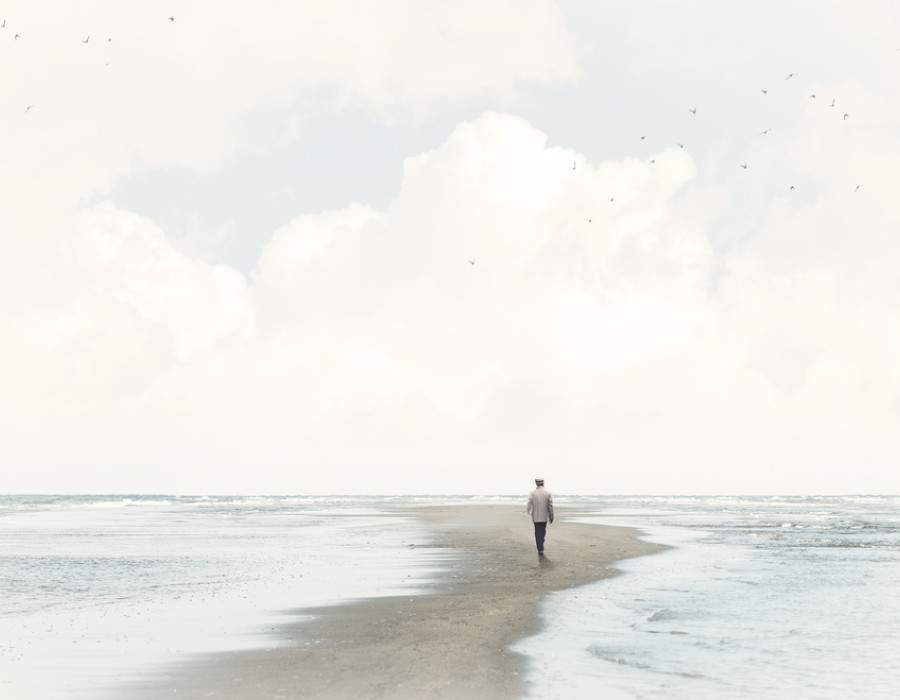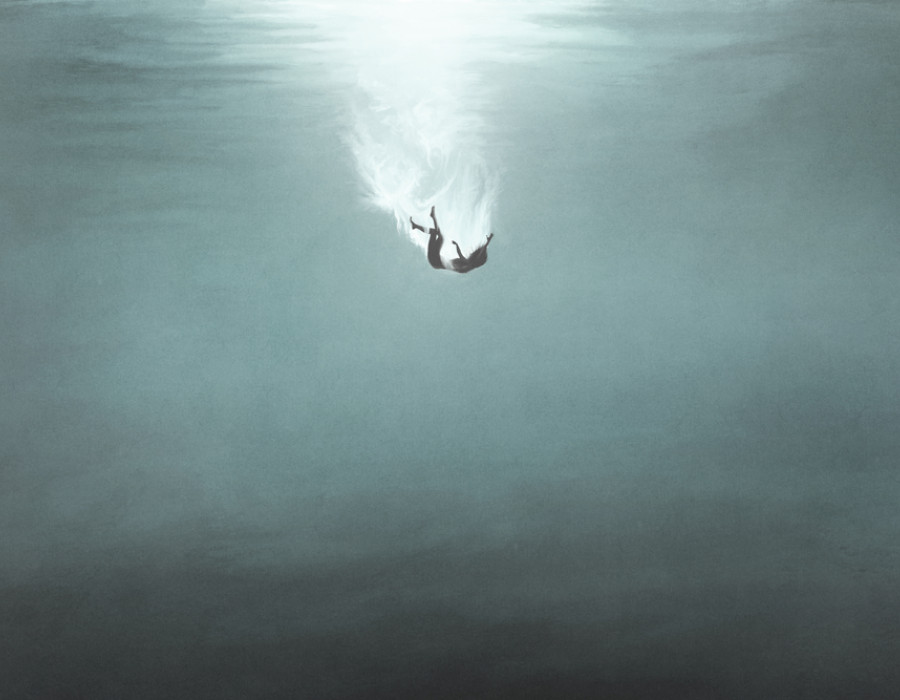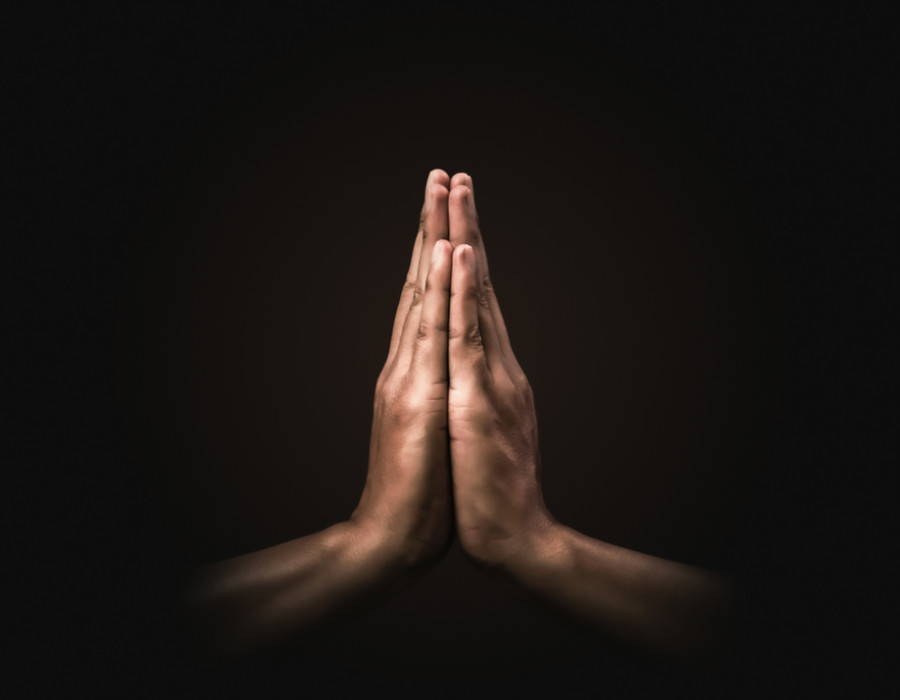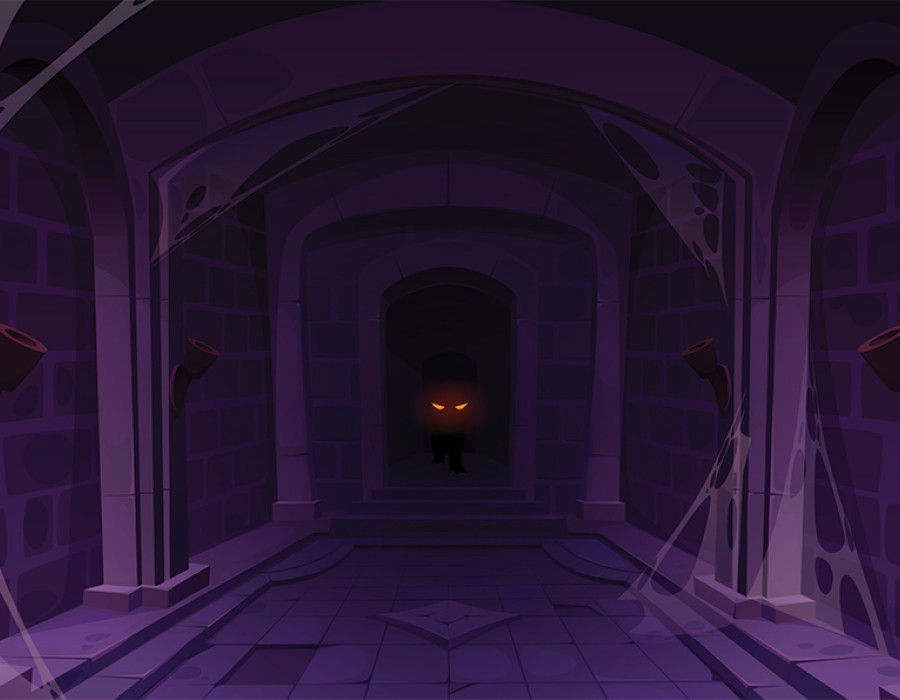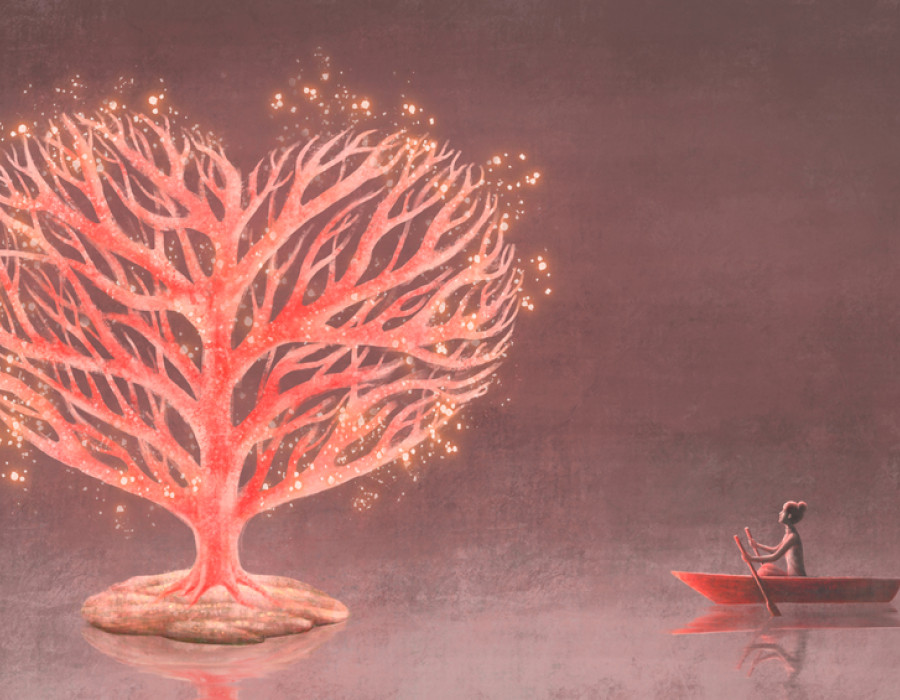Dungeons and Demons
Blog
Sometimes you have to go backwards to go forward.
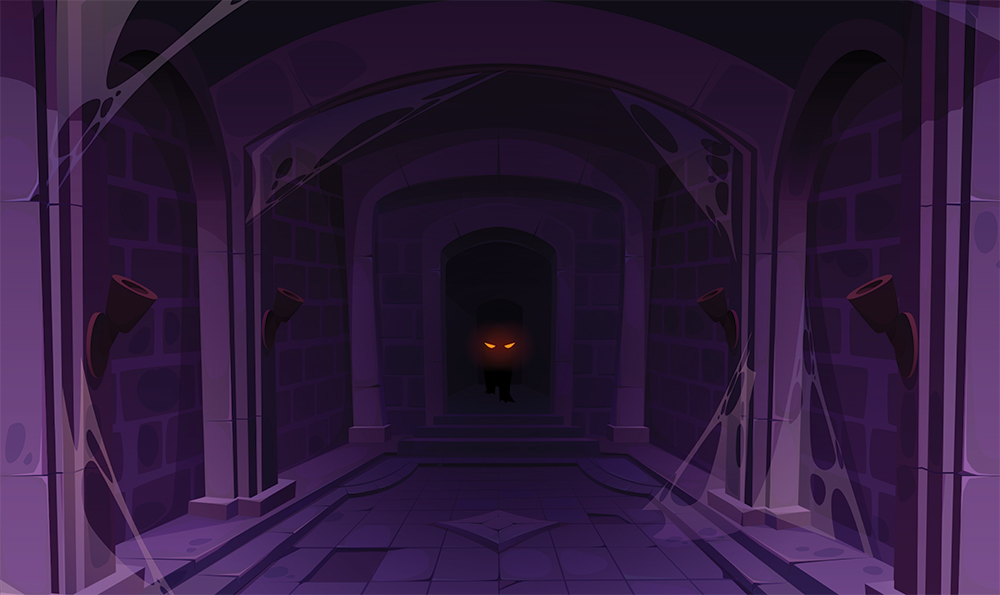 ©
© shutter stock
Where were we? Oh yes, I had been thrown in a dungeon by a demon. No amount of analysing the dungeon walls or doors or even the nature and intentions of my demon was bringing any relief. I had arrived in Ireland after nearly 40 years away, drawn back by the beauty of the surroundings and the lure of a simpler life away from post-COVID London. Nothing felt the same there any more so why not start again somewhere else, I seem to have thought. My arrival coincided with a severe slump in form and I passed my days gripped by feelings of misery and trapped with negative thoughts for company. The training had given me means for dealing with the negative thoughts but I really struggled with feeling so bad for so long.
My demon had thoughtfully left me a copy of Discourse on the Inexhaustible Lamp by Master Torei, which I clung to in the hope that it would shine a light into my darkness. This piece is all written with the benefit of hindsight and some distance after the events described, so please feel free to doubt the narrative here.
What I found was that I did not know how to read this book. I think I was reading it in the hope of stumbling across a piece of wisdom that would at once banish my sadness and restore me to my former self with a swish of a wand. What I got was a deep and detailed description of the long and arduous training required of a Zen monk. Do not doubt for a moment that this book is full of surpassing wisdom. It is. As I read, I would underline words and phrases, put Post-it notes next to particularly illuminating paragraphs and bookmark whole pages of undiluted clarity. I even slowed down my reading as I approached the end of the book as I did not want this to end.
It was only as it ended that I realised that I had been a complete idiot and that I had totally misconstrued the whole purpose of the book. If you are hoping that I now have a new and deeper insight that I can share with you, I am afraid that you might be disappointed.
I realised that I had been reading not just this book, but that a large part of my understanding of Zen training was as a sort of head down, grin-and-bear-it stoical philosophy: if we control our thoughts and manage our feelings, everything will be fine. No wonder the demon grabbed me and put me in a dungeon. It was for my own safety. If I had kept on wandering along that path, who knows what I would have drifted into.
I started to work with my feelings of discomfort, unease, sadness,- I no longer know what to call it. If only we had a word for it. Dukkha maybe? So much of our Western thought is based on the idea that if we somehow come to understand the origins of our problems, then we can then solve them. The problem with that kind of thinking is that the mind is endlessly creative at coming up with potential roots of our unhappiness. Every childhood scraped knee, every personal slight, emotional difficulty, every long-lost love or missed career opportunity, any or all of which might be real or imagined, offers itself as a potential key to our dungeon. This is, in itself, a dungeon. At some point, I cannot say when, I started trying not to analyse my unhappiness but to catch it in the moment. This cannot all be done on the meditation seat. It is the work of walking along the street, working in the garden, walking down a supermarket aisle. It is daily life practice. It is a physical, visceral activity. What I was calling unhappiness was a heap of interpretations, labels and judgements of some physical and barely perceptible bodily reactions to situations. Every time I felt my shoulders drop, every time I wanted to hold my head in my hands, I would pull myself up and take a deep breath. Whenever I felt feelings of anxiety or despair arise, I would plant my feet firmly on the ground, straighten my shoulders and come back to the moment. Sighing was strictly forbidden. As I grabbed the demon by the tail it dissolved into nothing.
Throughout the book Master Torei berates the trainee monks for the narrowness of their understanding. These monks had given up lay life and subjected themselves to the rigours of monastic life. Yet they were chastised and admonished on every page. Even people who reached great insights were castigated for the narrowness of their understanding. Initially I skimmed over these sections. I could not imagine how the life of an 18th century Japanese monk could be applied to my own struggles. It slowly percolated through that my sense of invulnerability had landed me where I found myself. I had imagined that I could take whatever life threw at me. I remembered a few rare occasions in martial arts training where I had imagined that I had sensed a weakness in an opponent. On stepping in to deliver my move, I would find myself on my back staring at the ceiling wondering what had happened. I had imagined, without my ever acknowledging it, that I had gained some insight. I was paying the price for it. Master Torei’s message started to get through.
Reading Discourse on the Inexhaustible Lamp is not the work of getting from one end to the other and we are done. I realise now that the task is to go back and read it again, shorn of the blocking mental and emotional encumbrances of the first reading, or some of them at least. It is also clear that this next reading will also be limited by the littleness and narrowness of my understanding, and the next and the next. But it is all in there. A few pages into my latest reading I found this:
Truly, the fundamental principle of Buddhism is contained in this [all sentient beings have Buddha Nature]. If there is sufficient strength to experience this each by oneself, in one’s body, then the study of Sutras and the practice of Zazen are truly unnecessary. At the instant of seeing into one’s true nature, it is experienced in one’s very body.
Why had I read all the way to the end to begin to get an inkling of understanding of what I had read on page 38, several months before? That’s Zen training for you. Maybe I had registered this and maybe this is where the working with unhappiness in the body came from. Or it could have been any of the other clear comments in the subsequent 400 pages. I never said that I was particularly smart or perceptive.
The very next sentence in that paragraph in Master Torei is “But how do we set about this?”
This is what the rest of Discourse on the Inexhaustible Lamp sets out. I am reading on. This time with a heightened awareness of my folly and vulnerability but also of gratitude.
Looking for Solid Ground | Michael O'Neill
Blog

